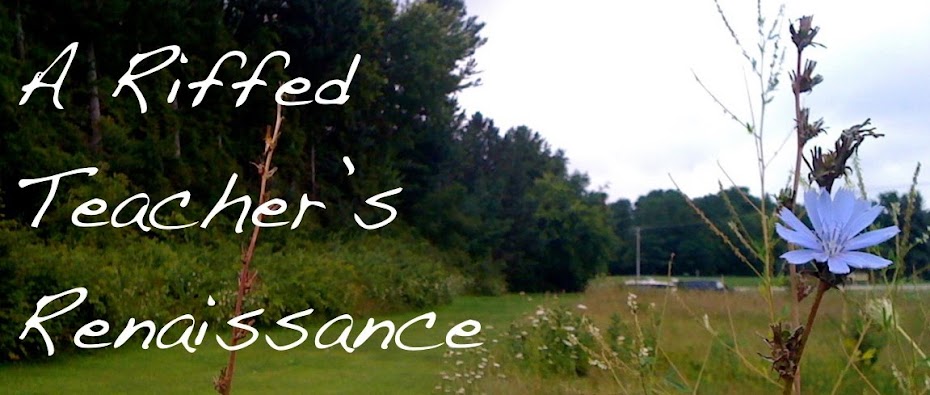A hazy sun rises slowly above a line of cypress and palm. Sweet, moist air nestles into my nose. A gangly white egret dips its beak into a placid lake while the only sound is the hum of leftover crickets.
This is a typical morning in Naples, Florida, mornings my mother and I have been lucky enough to enjoy together with Cindy. We flew down a week or so ago and have been living a grand adventure in this beautiful place.
We’ve been beach bums, wading in the Gulf; ladies who lunch at elegant waterside cafés; dinner cruise passengers, “approached” by septuagenarian millionaires (yes, this totally happened!); and best of all, friends who stayed up late chatting like giddy school girls.
My mother and I needed this.
Since my father passed away in January, life has been different, to say the least. The everyday awareness of his absence affects us all differently--for some it is a dull, vague denial, (simply because that makes it easier); for others, like me, the thought of his sparkling blue eyes and mischievous grin tightens my stomach and stings the back of my eyes until tears inevitably come.
Joan Didion, one of my favorite writers, lost her husband suddenly. Describing the void left behind, she wrote that “Grief turns out to be a place,” and this is true. Grief becomes the place in which we live. The place where we wake up, brew our coffee, savor its aroma, and sip its warmth. But in the land of grief we do all of this alone, missing the person who once sat next to us during these daily rituals.
Of course, that is where family and friends become our saviors. We surround ourselves with hubbub, hoping to find a livable oblivion where lunch dates, phone chats, and birthday parties will help us forget.
Thankfully, they do. Friends like Cindy give us another kind of “place” to escape to for a while, where swaying palm fronds lull us into a comfortable daze. But there is no real escape from grief, for eventually we need to accept the loss and move on. So yes, grief is a place, but hopefully acceptance is, too.


